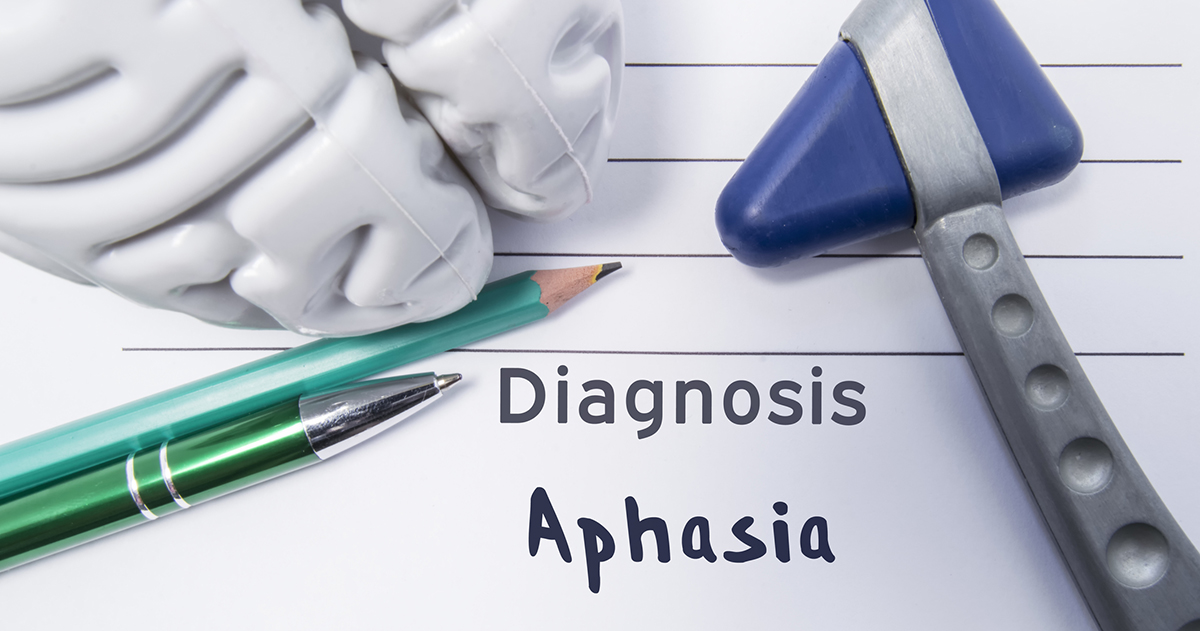Serious Complications Linked To An Embolic Stroke
Aphasia

An individual affected by an embolic stroke may experience aphasia due to the toll the stroke has taken on their brain tissues. Aphasia is a disorder caused by damage to the brain center where an individual forms their language. Someone with aphasia may speak with sentences that don't make sense, incomplete sentences, substitute one word or sound for another, be unable to understand the conversation of others, speak unrecognizable words, and write sentences that do not make sense. Aphasia can have effects on an individual's ability to communicate in both the verbal and written sense. An embolic stroke that causes damage to the patient's frontal brain lobe, temporal brain lobe, or most of the left brain hemisphere can cause aphasia. The two main areas responsible for the functions involved with an individual's speech are called the Wernicke's and Broca's area. The exact type of speech problem an affected individual will have depends on the location of the stroke precipitated damage in their brain.